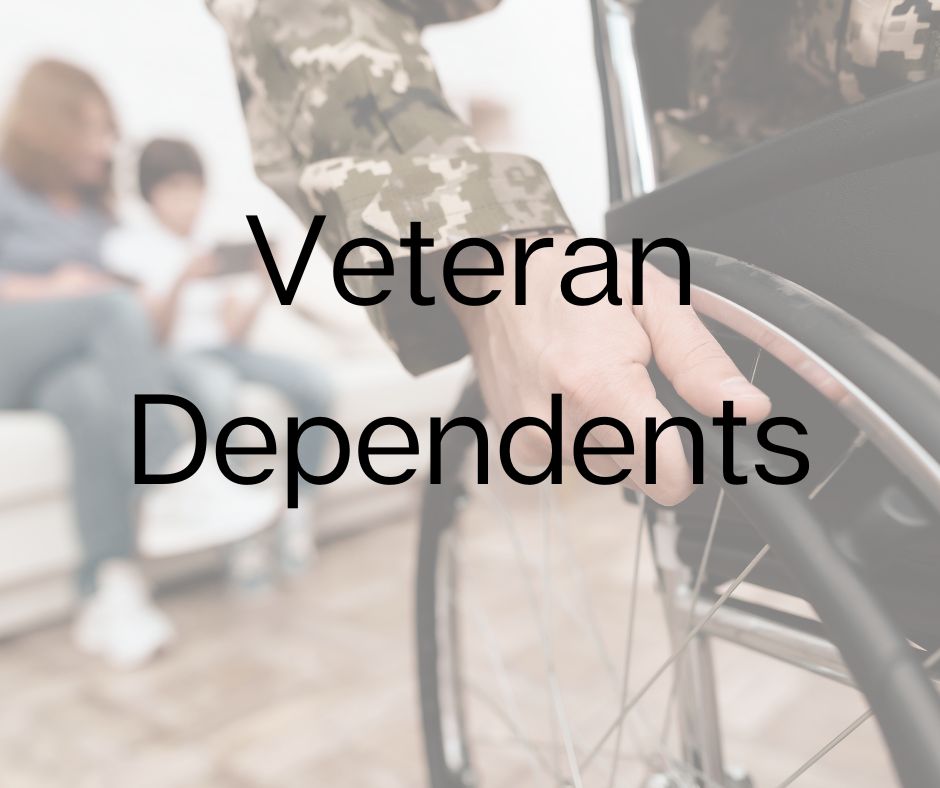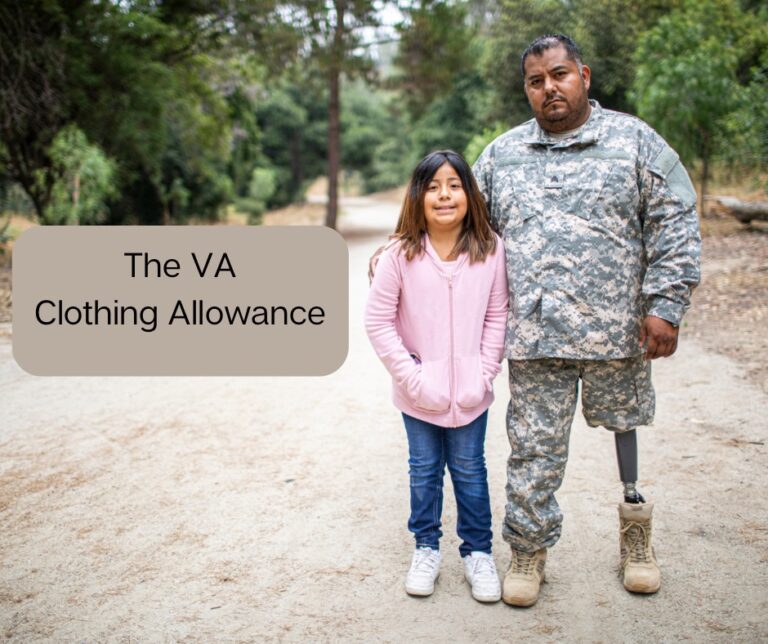Decoding VA Benefits: A Guide to Understanding Dependents
A dependent, according to the Department of Veterans Affairs (VA), refers to individuals who are eligible to receive benefits based on their relationship with a qualified veteran. The VA recognizes various categories of dependents, each with its own set of eligibility criteria and benefits.
- Spouse: A spouse is considered a dependent by the VA. This includes individuals in same-sex and common-law marriages. Once the VA establishes a marital relationship between a veteran and their spouse, the assumption is that the spouse is financially dependent on the veteran.
- Children: Children can also be considered dependents if specific criteria are met. A dependent child is commonly described as an unmarried kid under the age of 18 for VA purposes. There are certain exceptions, such as children between the ages of 18 and 23 who are enrolled in school. Furthermore, children with certain disabilities may continue to be considered dependents after the age of 18.
- Parents: In specific circumstances, parents of veterans may qualify as dependents. This is particularly applicable when a veteran is directly responsible for the care and financial support of their parent.
The process of adding dependents involves considerations such as reentry, which means the entry into training following a period of non-training. Periods of non-training include intervals between terms, providing a comprehensive understanding of how dependents can be added to a veteran’s benefits.
Dependents are eligible for a variety of benefits, including education, healthcare, and financial assistance. Survivors’ and Dependents’ Educational Assistance is one such program that assists children or spouses of veterans who have died, gone missing, or are disabled in their education. In addition, based on certain conditions and qualifying criteria, the VA provides health care and services to a veteran’s family members and dependents.
It’s essential for veterans to understand the criteria for dependents, as this knowledge directly impacts the benefits available to their family members. Keeping the VA’s definitions and requirements in mind ensures that eligible dependents receive the support and assistance they deserve.






